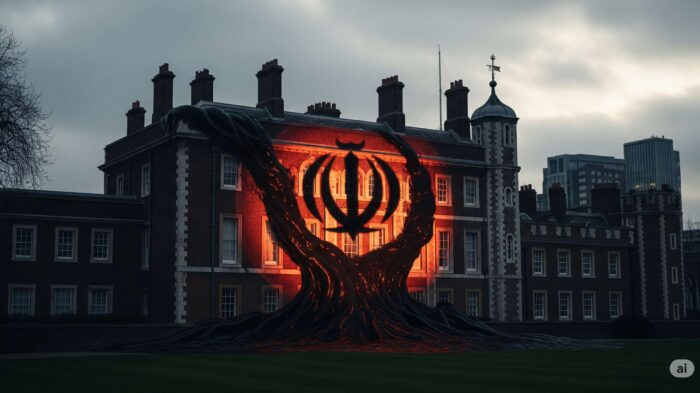Sinoposis, a Czech website covering Chinese foreign policy, has published a detailed study examining how China’s Communist Party (CCP) uses Buddhism to spread its global influence. The study says Buddhism’s minority status in the West allows CCP-linked Buddhist groups “to reach mainstream politics by supplying [Western, ed.] officials with an easy shortcut to an image of multicultural engagement.” According to the study’s abstract:
July 18, 2022 The involvement of agencies across the PRC party-state in the cultivation of religious figures abroad points to the importance the CCP attaches to religion as a vessel of political influence. United front organs such as the Buddhist Association of China have targeted foreign religion since the Mao era, naturally extending a core domestic constituency. Beyond united front work, agencies from the CCP foreign affairs system and military intelligence also engage in religious influence abroad. The party’s influence agencies wear different robes to their engagement with religion in different foreign locales. This note samples this versatility of CCP influence work by reviewing three loci of the party’s exploitation of Buddhism. In Mongolia, the party embraces the Qing empire’s legacy, resuming a role as patron of Tibetan-transmitted Buddhism and overseer of reincarnation processes to counter the Dalai Lama’s influence. These imperial robes are, in fact, only recycled from what the party donned in Japan already under Mao: Buddhist exchanges as tokens of “peace” and “friendship” transcending politics helped build political ties that remain active today. In a Western country like Australia, Buddhism’s minority status allows CCP-linked Buddhist groups to reach mainstream politics by supplying officials with an easy shortcut to an image of multicultural engagement. Reincarnation, anti-militarism and multiculturalism, we finally observe, are concepts the party wears but does not genuinely espouse. Religion, we conclude, helps elucidate ideology’s role in influence work: foreign élites are as easily won by a Leninist party’s promises to “reform” or freely trade as an abbot might be by its donation of a monumental statue.
Read the full study here.
The Sinopsis study identifies the Australia China Buddhist Council (ACBC) and the Tasmanian Chinese Buddhist Academy of Australia (led by Xinde Wang) as being linked to the United Front Work Department, saying both organizations “have proved useful platforms for CCP officials to engage with Australian politicians and officials.” The report further criticizes Australian politicians as “eager” for photo opportunities with the ACBC and Wand Xinde without scrutinizing his pro-CCP views.
The United Front Work Department is a little-known Beijing-based agency with branches around the world that seeks to implement the Chinese Communist Party’s (CCP) plans to set up and connect an extensive network of associations, business groups, friendship societies, or cultural groups supportive of the CCP and to ensure that its overseas citizens, and others of ethnic Chinese descent, stay loyal. According to a US government report, United Front work promotes Beijing’s preferred global narrative, pressures individuals living in free and open societies to self-censor and avoid discussing issues unfavorable to the CCP, and harasses or undermines groups critical of Beijing’s policies.





